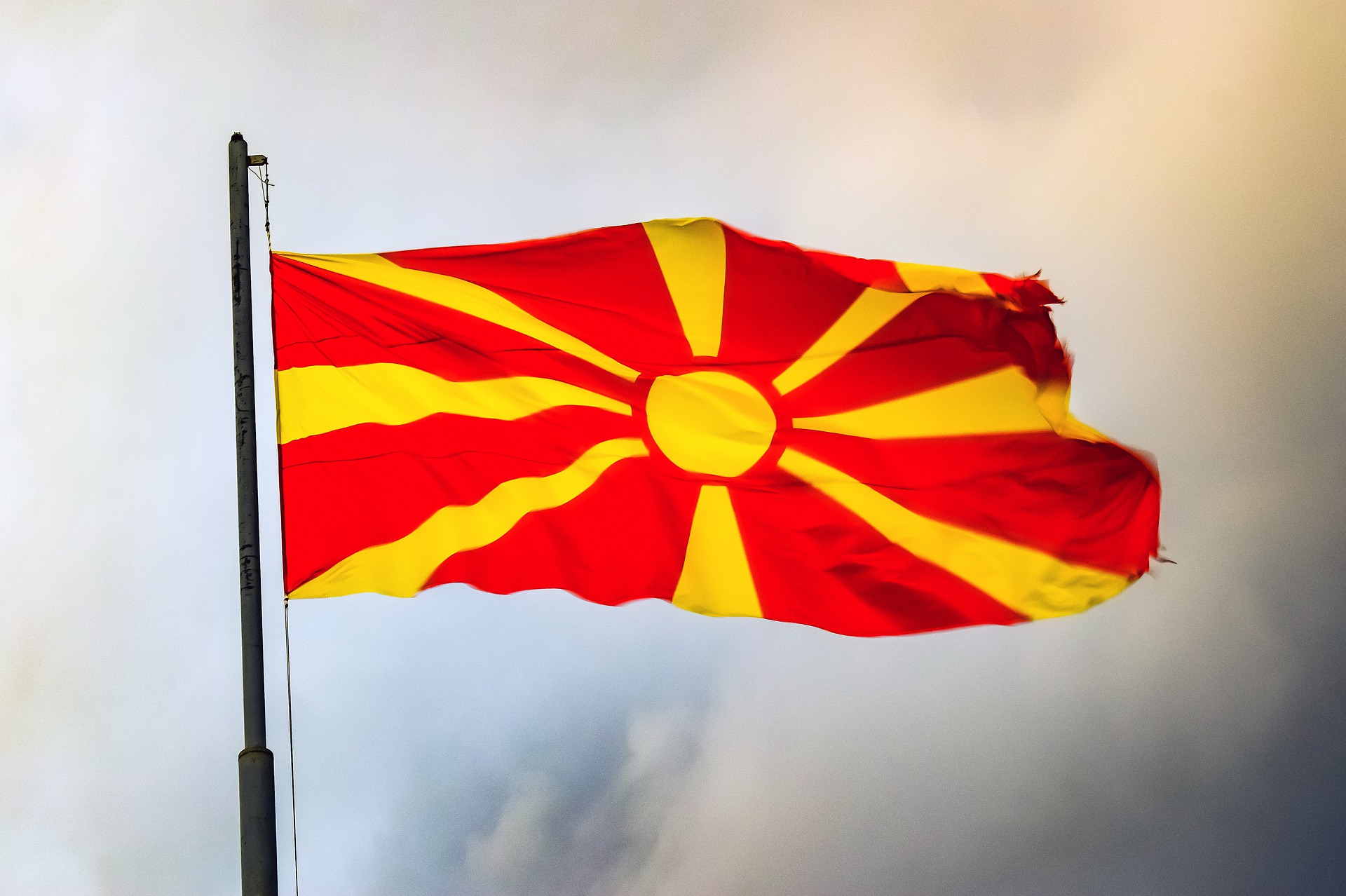
Despite the ousting of the corrupt Gruevski, North Macedonia’s successor has been just a change of the guard, further kicking the nation’s accession into the EU down the road
North Macedonia for the past 10 years endured the heavy hand of a corrupt Prime minister who had successfully captured all relevant government institutions and controlled them with a tight fist. Ranging from the Presidency to even pressuring what should be an independent judiciary. Indeed, in 2017 this all came to an end once the extent of his corruption had been brought into the light. Gruevski was replaced by Zaev of the opposition Socialist Party, a man who had been a thorn in his side for years and ultimately took down Gruevski and his VMRO-DPMNE party. Zaev campaigned on a platform of ending the abuses of power and bigotry that were witnessed under Gruevski, unfortunately he has failed to live up to this promise and North Macedonia’s accession into the EU has suffered as a result.
Indeed, in comparison to Gruevki’s clear authoritarian tendencies, Zaev seemed like sound replacement. However recent events have shown that both are cut from the same cloth. North Macedonia is a multi-party state however 2 main parties have dominated the political scene since its founding, the SDSM and the VMRO-DPMNE. Both rely on the smaller Albanian parties to secure coalitions in the parliament building in times of slim margins, but traditionally the VMRO-DPMNE has been the more willing to incite ethnic tensions to ignite fury and support, as the storming of the Macedonian Parliament in 2017 will show. However, unfortunately this sentiment is not just confined to the VMRO-DPMNE. Zaev has very often relied on stirring up tensions between Bulgaria and Macedonia to distract from domestic trails or before elections. This was clearly seen in October 2021 when he revealed that the opposition candidate was in fact a dual Bulgarian citizen. Zaev leaked photos of her passport and identity number. However, advocates of the Zaev will argue that he toned down his rhetoric as he recently stated he no longer view Bulgaria as a “fascist occupying force” during WW2. Indeed, this statement was an attempt a building a discord between the two nations, after all it is Bulgaria blocking North Macedonia’s accession into the EU, yet the historical inaccuracy of this remark left both sides even more at odds. Stirring up nationalistic divides for political gain does not indicate that the nation has moved on since Gruevski.
Much like Gruevski Zaev has a complicated relationship with corruption and the rule of law in general. In the aftermath of the “Wiretapping Scandal” which resulting the collapse of the VMRO-DPMNE government, a special prosecution was started to pursue those involved in corruption during the Gruevski era. In August 2019 it was revealed that the leader of the Special Prosecution, Katica Janeva was involved in extorting those that the SJO had evidence to give them lighter sentences. Indeed, in a series of videos it was revealed that the buck didn’t stop with Janeva, it went all the way up to Zaev; who allegedly turned a blind eye to this racketeering which was taking place among those meant to protect the rule of law, and who were very close to the SDSM political elite. This goes to show how quickly an institution meant to protect the citizens and uphold the rule of law gets captured and controlled for partisan gain even under the SDSM government. Parallels can be drawn from Gruevski’s tenure where the VMRO-DPMNE had complete capture of all government institutions meant to provide accountability.
One might argue that actions like those stated above are simply the rules of the game in a country like North Macedonia. Indeed, if using the past 20 years as reference, Zaev’s level of corruption and abuse of power seem commonplace, however if real change is going to come to North Macedonia the paradigm needs to shift. No longer can abuses of power just be accepted or nationalist sentiment be abused for political gain. North Macedonia clearly sees its future lies in the EU, accession to this body would be a boon for the nation yet its leaders seem to be averse to reigning in their actions to fulfill the prerequisites for accession. Indeed, compared to Gruevski, Zaev’s infractions seem relatively moderate, but in the eyes of the EU it’s a question of absolutes. Zaev’s success with the Prespa Accord indicated a wiliness to fulfill a criteria holding North Macedonia back from EU accession (the name dispute with Greece), however he is then willing to openly trigger anti Bulgarian sentiment as a quick political expedient. North Macedonian leaders must break from this mold and understand the importance of political consistency and integrity. For too long its rulers have viewed the law as guidelines to abuse. It’s time they realized the benefits that integrity and political honestly will bring for the troubled nation. North Macedonia is being watched by the world, the consequences of this scrutiny have the power to dictate the nation’s future, it’s time its leaders live up to the ideals that they promise and allow the nation to take the next step in its development. Accession to the EU.
*photo by Dimitri Svetsikas1969, courtesy of Pixabay. Creative Commons Zero Licence

0 Comments